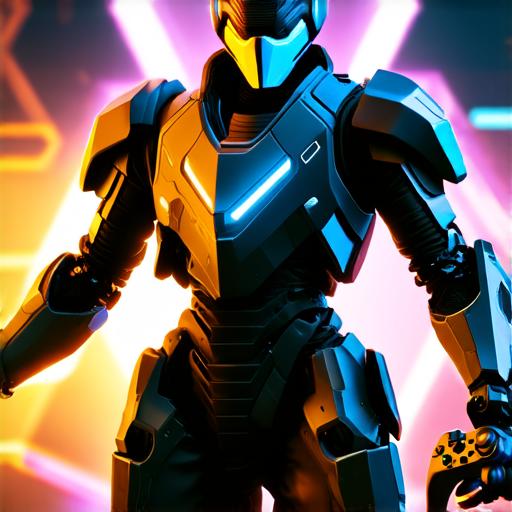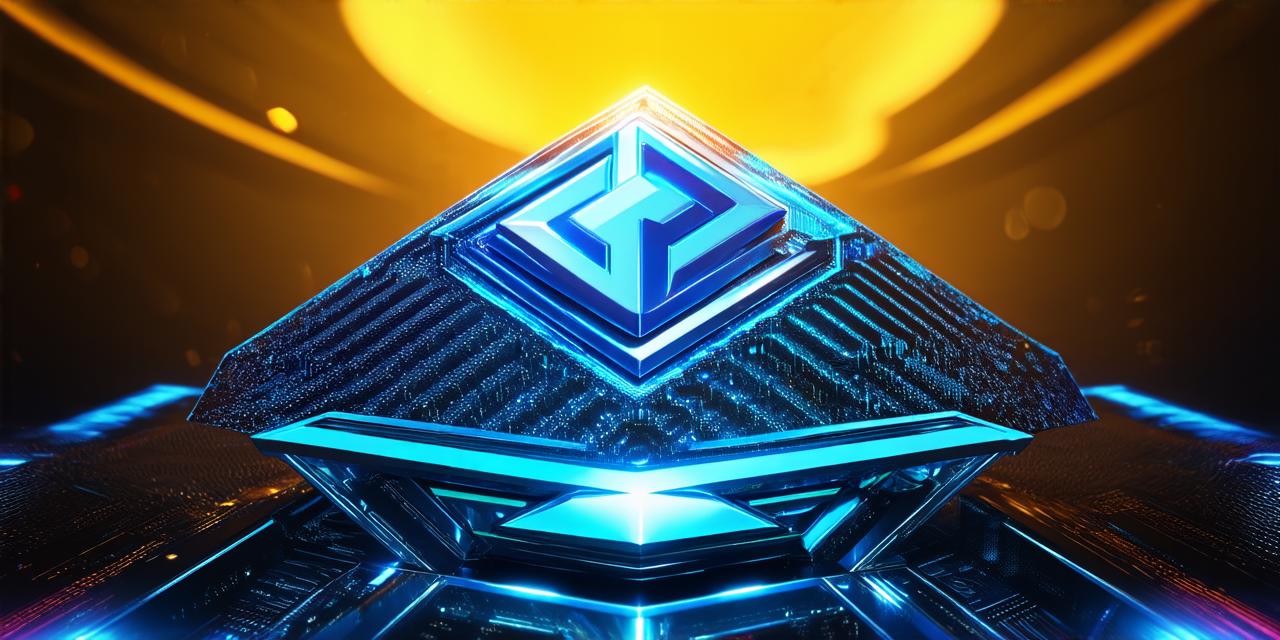Web3 technology has had a significant impact on the gaming industry by offering players greater control over their in-game assets and experiences. With blockchain technology at its core, Web3 enables decentralized game platforms where players can own and trade in-game assets securely and transparently without intermediaries.
This has led to a more immersive and engaging gaming experience for players, as well as new business opportunities for game developers.
One of the key benefits of Web3 technology in gaming is that it enables players to own and control their in-game assets. With traditional gaming models, players have little control over their in-game items, which are often tied to specific games or platforms.
This has led to issues with interoperability and value retention, as players often struggle to sell or transfer their in-game assets between different platforms.

Web3 technology solves these problems by enabling players to own and trade their in-game assets securely and transparently on a decentralized platform. This allows for greater interoperability between games, as well as the ability to transfer value across different platforms.
This has already been demonstrated by the success of non-fungible tokens (NFTs), which are being used to represent in-game items such as collectibles and weapons.
Another benefit of Web3 technology is that it enables greater control over in-game experiences. With traditional gaming models, players have limited control over how they interact with the game world.
Web3 technology solves these problems by enabling players to create and share their own in-game content, such as mods and user-generated content. This allows for greater personalization and customization of the game world, leading to a more immersive and engaging gaming experience for players.
Web3 technology also offers new business opportunities for game developers. With decentralized platforms, game developers can create new revenue streams by selling in-game assets and experiences directly to players.
This allows for greater control over monetization strategies, as well as the ability to reach a wider audience through blockchain-based marketplaces.
One example of a company leveraging Web3 technology in gaming is Decentraland. Decentraland is a decentralized gaming platform that allows players to create and share their own games and experiences.
The platform uses blockchain technology to enable secure and transparent ownership and trading of in-game assets, as well as the ability to create new revenue streams through gaming and advertising.
Another example is CryptoKitties, a blockchain-based game that allows players to breed and collect unique digital cats. The game has become one of the most successful NFT games on the market, with players spending millions of dollars on rare cats and creating their own custom content.
In conclusion, Web3 technology is revolutionizing the gaming sector by enabling greater control over in-game assets and experiences, as well as new business opportunities for game developers. As Web3 continues to evolve, we can expect to see even more innovative and engaging games emerge in the future.
